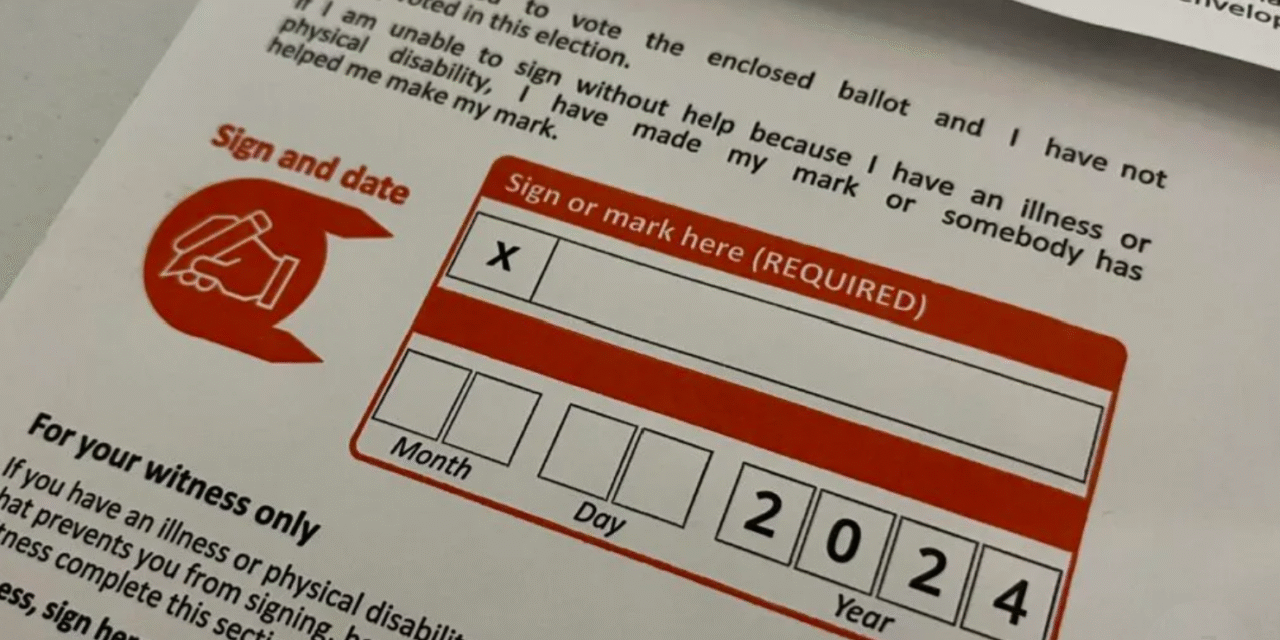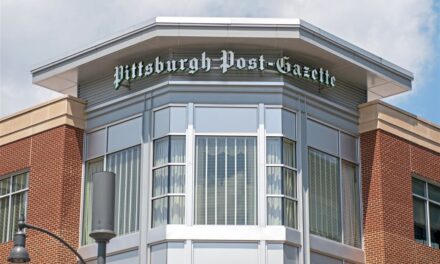The fraud was reportedly motivated by financial gain.
On Friday, a yearlong investigation into suspected voter registration fraud led to seven individuals being charged.
The fraud took place ahead of the 2024 presidential election. Six street canvassers and the leader of their work now face criminal charges.
According to Pennsylvania Attorney General Dave Sunday, the fraud was motivated by financial gain, rather than the desire to influence election results.
Guillermo Sainz, 33, was the director of company Field+Media Corps’ registration drives in Pennsylvania. He is charged with three counts of solicitation of registration. State law prohibits offering money to reach registration quotas.
The six canvassers are charged with unsworn falsification, tampering with public records, forgery, and violations of Pennsylvania election law.
The charges relate to activities that took place in York, Lancaster, and Berks Counties.
“We are confident that the motive behind these crimes was personal financial gain, and not a conspiracy or organized effort to tip any election for any one candidate or party,” said Sunday in a news release.
In a court affidavit filed with the criminal charges, investigators said Sainz “instituted unlawful financial incentives and pressures in his push to meet company goals to maintain funding which in turn spurred some canvassers to create and submit fake forms to earn more money.”
Prosecutors said the registration forms included all party affiliations.
The company involved was funded by Everybody Votes, an organization that aims to improve voter registration rates in communities of color.
The affidavit said the organization “fully cooperated” with the investigation. Its contract with the company prohibited payments for voter registration.
“The investigation confirmed that we hold our partners to the highest standards of quality control when collecting, handling and delivering voter registration applications,” the group said in a statement.
Sainz managed operations in Pennsylvania from May to October of 2024. He has been accused of paying canvassers based on how many signatures they collected.
One of the canvassers said she created fake forms to boost her pay and believed others did the same, according to the affidavit.
Another canvasser told investigators that most of the forms he collected were “not real.”
Yet another canvasser said “she would make up names and information due to fear of losing her job” to reach her daily quotas.
The investigation began in late October of 2024. Election workers in Lancaster flagged nearly 2,500 voter registration forms for possible fraud.
Authorities discovered that the forms appeared to have false names, suspicious handwriting, questionable signatures, and incorrect addresses.






